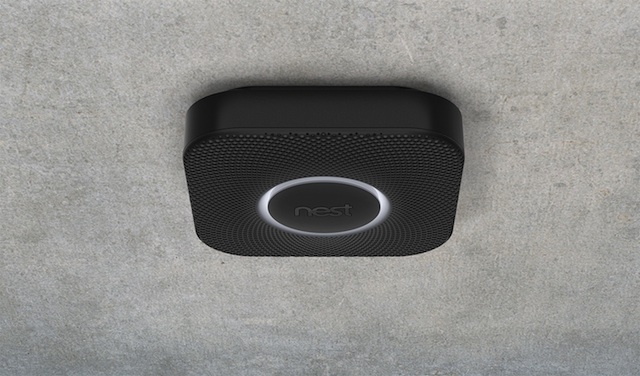Paul Wallbank joins Tony Delroy on ABC Nightlife nationally from 10pm Australian Eastern time on Thursday, February 19 to discuss how technology affects your business and life.
If you missed the show, the program is available for download from the ABC site.
For the February 2015 program Tony and Paul look at robot driven hotels, the internet of rubbish bins and how your TV could be listening to you.
Last year a lawyer read the terms and conditions of his new Samsung TV and discovered that the company recommended people don’t discuss sensitive information around it. This has lead to widespread, and justified, concerns that all our smart devices – not just TVs but smartphones and connected homes – could be listening to us. What happens to this data and can we trust the people collecting it?
The internet of rubbish bins
It’s not only your TV or smartphone that could be watching you, in Western Australia Broome Shire Council is looking at tracking rubbish bins to make sure only council issued ones are emptied.
Shire of Broome waste coordinator Jeremy Hall told WA Today the council’s garbage truck drivers had noticed more bins than usual were getting emptied and a system needed to be put in place to identify “legitimate” bins.
While Australian councils are struggling with rubbish bins a hotel in Japan is looking to replace its staff with robots and room keys with face recognition software. The Hen-na Hotel is due to open later this year in Nagasaki Prefecture, the Japan Times reports.
Join us
Tune in on your local ABC radio station from 10pm Australian Eastern Summer time or listen online at www.abc.net.au/nightlife.
We’d love to hear your views so join the conversation with your on-air questions, ideas or comments; phone in on 1300 800 222 within Australia or +61 2 8333 1000 from outside Australia.
You can SMS Nightlife’s talkback on 19922702, or through twitter to @paulwallbank using the #abcnightlife hashtag or visit the Nightlife Facebook page.
Similar posts:




